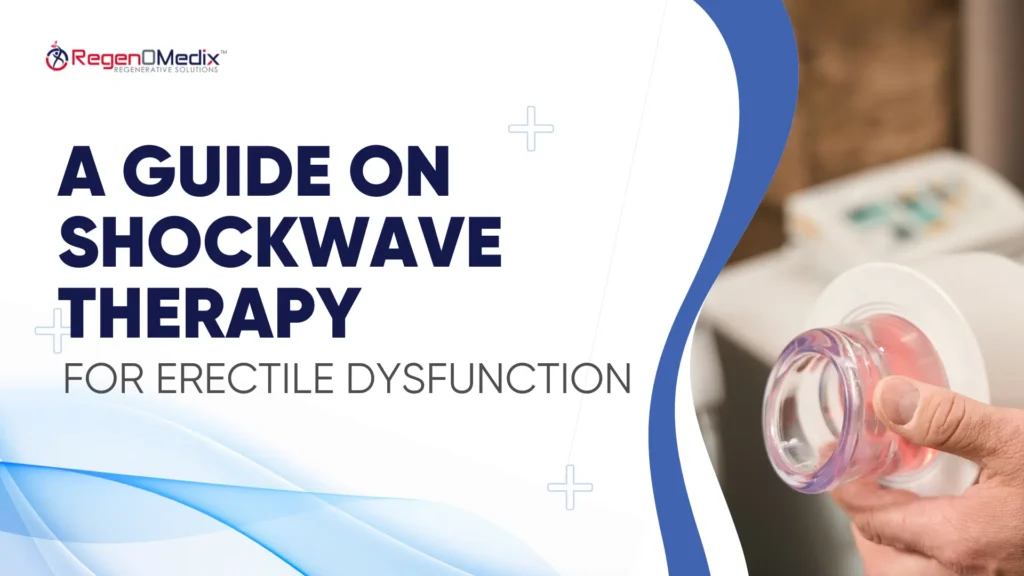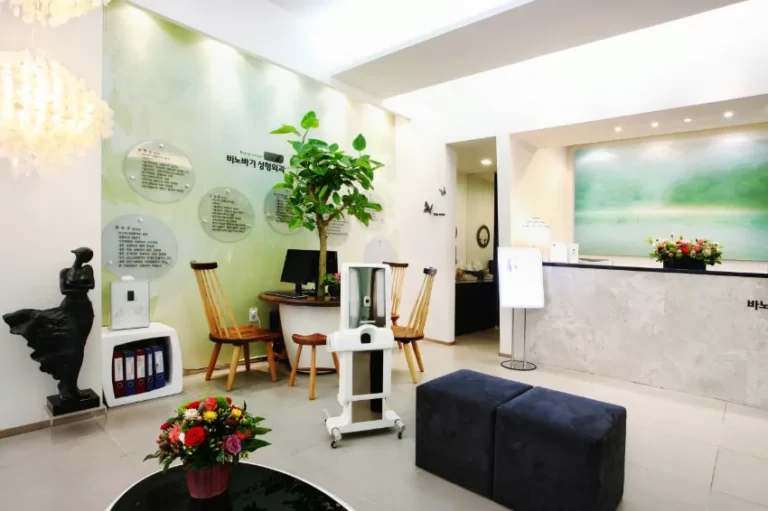Platelet-Rich Plasma (PRP) therapy, known as the P-Shot® when used for erectile dysfunction (ED), is a promising regenerative treatment that leverages your body’s natural growth factors to restore penile tissue health, improve blood flow, and enhance sexual performance. However, PRP therapy may not be equally effective for all patients—especially those with underlying medical conditions that impair healing or vascular function.
In this article, we explore the key medical conditions that can impact the effectiveness of PRP for ED, helping patients make informed treatment decisions.
🧬 How PRP Therapy Works for ED
Before diving into the contraindications, it’s important to understand what PRP does in the context of erectile function:
- Promotes angiogenesis (new blood vessel formation)
- Stimulates repair of endothelial and smooth muscle tissue in the penis
- Enhances nerve regeneration and sensitivity
- Improves overall blood flow and oxygenation
Because PRP depends on your body’s healing response, any condition that affects vascular health, immune function, or tissue repair can reduce its effectiveness.
⚠️ 1. Diabetes Mellitus (Especially Uncontrolled)
Why It Matters:
- Diabetes damages blood vessels and nerves, both essential for healthy erections.
- Chronic high blood sugar impairs the body’s ability to heal and regenerate tissue.
- Microvascular disease in the penile arteries can reduce PRP’s impact on blood flow restoration.
Clinical Insight:
Patients with well-controlled Type 2 diabetes may still benefit from PRP, but those with advanced or poorly controlled diabetes are likely to experience diminished results.
⚠️ 2. Cardiovascular Disease
Why It Matters:
- Atherosclerosis (plaque buildup in arteries) limits blood flow to the penis.
- Erectile dysfunction is often an early warning sign of heart disease.
- PRP cannot reverse arterial blockages or severe endothelial dysfunction.
Clinical Insight:
PRP is more effective when arterial blood flow is intact. Patients with a history of heart attacks, strokes, or peripheral artery disease may need vascular evaluation and optimization before considering PRP.
⚠️ 3. Smoking (Current Smokers)
Why It Matters:
- Nicotine constricts blood vessels, reducing oxygen delivery and healing capacity.
- Smoking increases oxidative stress and impairs platelet function.
- It’s one of the leading risk factors for vasculogenic ED.
Clinical Insight:
Active smokers may not achieve optimal results from PRP due to compromised circulation and inflammation. Quitting smoking is strongly recommended to enhance both PRP effectiveness and erectile function.
⚠️ 4. Low Testosterone (Hypogonadism)
Why It Matters:
- Testosterone is essential for libido, erectile rigidity, and overall penile tissue health.
- Low testosterone can cause poor response to ED therapies, including PRP.
Clinical Insight:
Before PRP, men with symptoms of low libido, fatigue, or low semen volume should have hormone levels tested. If testosterone is low, Testosterone Replacement Therapy (TRT) may be needed alongside PRP for best results.
⚠️ 5. Severe Neurological Conditions
Examples: Multiple sclerosis, spinal cord injury, advanced diabetic neuropathy
Why It Matters:
- ED caused by nerve damage (neurogenic ED) is less responsive to PRP.
- PRP may not be able to regenerate long-damaged or severed nerve pathways.
Clinical Insight:
While PRP may offer modest improvements in sensitivity, it is less likely to restore full erectile function in men with significant neurological impairments.
⚠️ 6. Blood Disorders or Platelet Abnormalities
Why It Matters:
- PRP relies on healthy platelets to release growth factors.
- Conditions such as thrombocytopenia (low platelet count) or platelet dysfunction reduce PRP potency.
Clinical Insight:
Men with bleeding disorders or those on anticoagulant therapy (e.g., warfarin, clopidogrel) may not be suitable candidates for PRP unless cleared by their hematologist.
⚠️ 7. Chronic Kidney Disease (CKD)
Why It Matters:
- CKD impairs overall healing, increases inflammation, and causes hormonal imbalances (including low testosterone).
- Uremic toxins may interfere with vascular regeneration.
Clinical Insight:
Patients with moderate to severe CKD may experience limited benefit from PRP. A full metabolic and hormonal evaluation is recommended before treatment.
⚠️ 8. Advanced Age (Over 75)
Why It Matters:
- Platelet concentration and regenerative potential may decline with age.
- Older men may also have multiple comorbidities affecting PRP response.
Clinical Insight:
While PRP can still be effective for older men in good overall health, results may be slower or more subtle compared to younger patients.
⚠️ 9. Obesity and Metabolic Syndrome
Why It Matters:
- Excess body fat leads to chronic inflammation and poor circulation.
- Metabolic syndrome increases the risk of both vascular and hormonal ED.
Clinical Insight:
PRP can be part of a treatment plan, but weight management, diet, and exercise must be addressed for sustained improvement in erectile function.
⚠️ 10. Depression and Psychological ED
Why It Matters:
- PRP addresses physical, not psychological causes of ED.
- Anxiety, depression, and performance issues can prevent erection even if blood flow is adequate.
Clinical Insight:
Men with psychological ED may need sexual therapy or counseling alongside PRP to achieve the best outcomes.
Summary Table: Conditions That May Impact PRP Effectiveness
| Medical Condition | Impact on PRP Effectiveness | Recommendation |
|---|---|---|
| Uncontrolled Diabetes | 🚫 High | Control blood sugar first |
| Cardiovascular Disease | ⚠️ Moderate to High | Optimize heart health |
| Smoking | 🚫 High | Quit smoking |
| Low Testosterone | ⚠️ Moderate | Consider TRT |
| Neurological Disorders | ⚠️ Moderate to High | Combine with other therapies |
| Blood Disorders | 🚫 High | Hematologist clearance |
| Chronic Kidney Disease | ⚠️ Moderate | Consult nephrologist |
| Advanced Age | ⚠️ Mild to Moderate | Results may be slower |
| Obesity/Metabolic Syndrome | ⚠️ Moderate | Lifestyle changes needed |
| Psychological ED | ⚠️ Moderate | Add mental health support |
✅ Final Thoughts
While PRP therapy can be a transformative treatment for erectile dysfunction, it’s not a one-size-fits-all solution. Patients with underlying vascular, hormonal, or neurological conditions may require comprehensive medical management to enhance their response to PRP.
Before undergoing the P-Shot®, it’s essential to work with a qualified provider who will:
- Evaluate your full health profile
- Run appropriate lab tests
- Optimize modifiable risk factors (e.g., blood sugar, testosterone, lifestyle)
With the right foundation, PRP therapy can help restore natural erectile function and improve quality of life.




